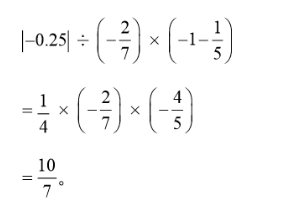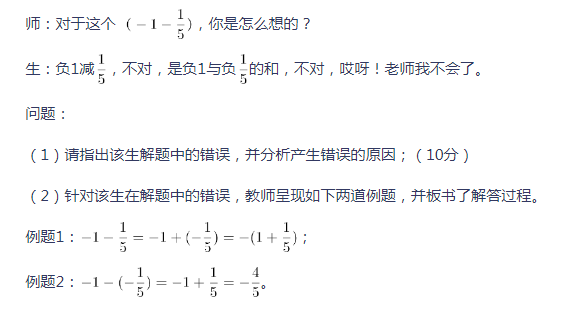请阅读Passage 2,完成小题:
Passage 2 Americans today don't place a very high value on intellect.Our heroes are athletes,enter trainers,and entrepreneurs,not scholars.Even our schools are where we send our children to get a practical education—not to pursue knowledge for the sake of knowledge.Symptoms of pervasive anti-intellectualism in our schools aren't difficult to find.
"Schools have always been in a society where practical is more important than intellectual,"says education writer Diane Ravitch."Schools could be a counterbalance."Ravitch's latest book,Left Back.A Century of Failed School Reforms,traces the roots of anti-intellectualism in our schools,concluding they are anything but a counterbalance to the American distaste for intellectual pursuits.
But they could and should be.Encouraging kids to reject the life of the mind leaves them vulnerable to exploitation and control.Without the ability to think critically,to defend their ideas and understand the ideas of others,they cannot fully participate in our democracy.Continuing along this path,says writer Earl Shorris,"We will become a second-rate country.We will have a less civil society."
"Intellect is resented as a form.of power or privilege,"writes historian and professor Richard Hofstadter in Anti-Intellectualism in American life,a Pulitzer Prize winning book on the roots of anti-intellectualism in US politics,religion,and education.From the beginning of our history,says Hofstadter,our democratic and populist urges have driven us to reject anything that smells of elitism.Practicality,common sense,and native intelligence have been considered more noble qualities than anything you could learn from a book.
Ralph Waldo Emerson and other Transcendentalist philosophers thought schooling and rigorous book learning put unnatural restraints on children:"We are shut up in schools and college recitation rooms for 10 or 15 years and come out at last with a bellyful of words and do not know a thing."Mark Twain's Huckleberry Finn exemplified American anti-intellectualism.Its hero avoids being civilized—going to school and learning to read—so he can preserve his innate goodness.
Intellect,according to Hofstadter,is different from native intelligence,a quality we reluctantly admire.Intellect is the critical,creative,and contemplative side of the mind.Intelligence seeks to grasp,manipulate,re-order,and adjust,while intellect examines,ponders,wonders,theorizes,criticizes and imagines.
School remains a place where intellect is mistrusted.Hofstadter says our country's educational system is in the grips of people who"joyfully and militantly proclaim their hostility to intellect and their eagerness to identify with children who show the least intellectual promise".
Which of the following represents the author's view on intellect?查看材料
- A.It evolves from common sense
- B.It is secondary to intelligence
- C.It should be pursued
- D.It ignores power
正确答案及解析
正确答案
解析
根据文章第六段第第二、三句:Intellect is the critical,creative,and contemplative side of the mind.Intelligence seeks to grasp,manipulate,reorder,and adjust,while intellect examines,ponders,wonders,theorizes,criticizes and imagines.及全文的表述可知,作者认同智力重要性,应该被追求的,C项符合题意。故本题选C.
包含此试题的试卷
你可能感兴趣的试题
《义务教育数学课程标准(2011年版)》强调,课程内容要反映社会的需要、数学的特点,要符合学生的认知规律。课程内容的组织要重视过程,处理好()的关系。
-
- A.预设与生成
- B.抽象与具体
- C.数学与实际生活
- D.过程与结果
- 查看答案
设α是某一方程组的解向量,k为某一常数,则kα也为该方程组的解向量。( )
- 查看答案

-
- A.0
- B.1
- C.2
- D.3
- 查看答案
案例:
在有理数运算的课堂教学片段中,某学生的板演如下:

针对该学生的解答,教师进行了如下教学:
师:请仔细检查你的演算过程,看是否正确无误?
生:好像正确吧。

请分析例题1、例题2中每一步运算的依据。(10分)
- 查看答案
初中数学课程是一门国家课程,其主要内容包括课程目标、教学内容、教学过程和( )等
-
- A.评价手段
- B.教学方法
- C.教学手段
- D.教学实践
- 查看答案